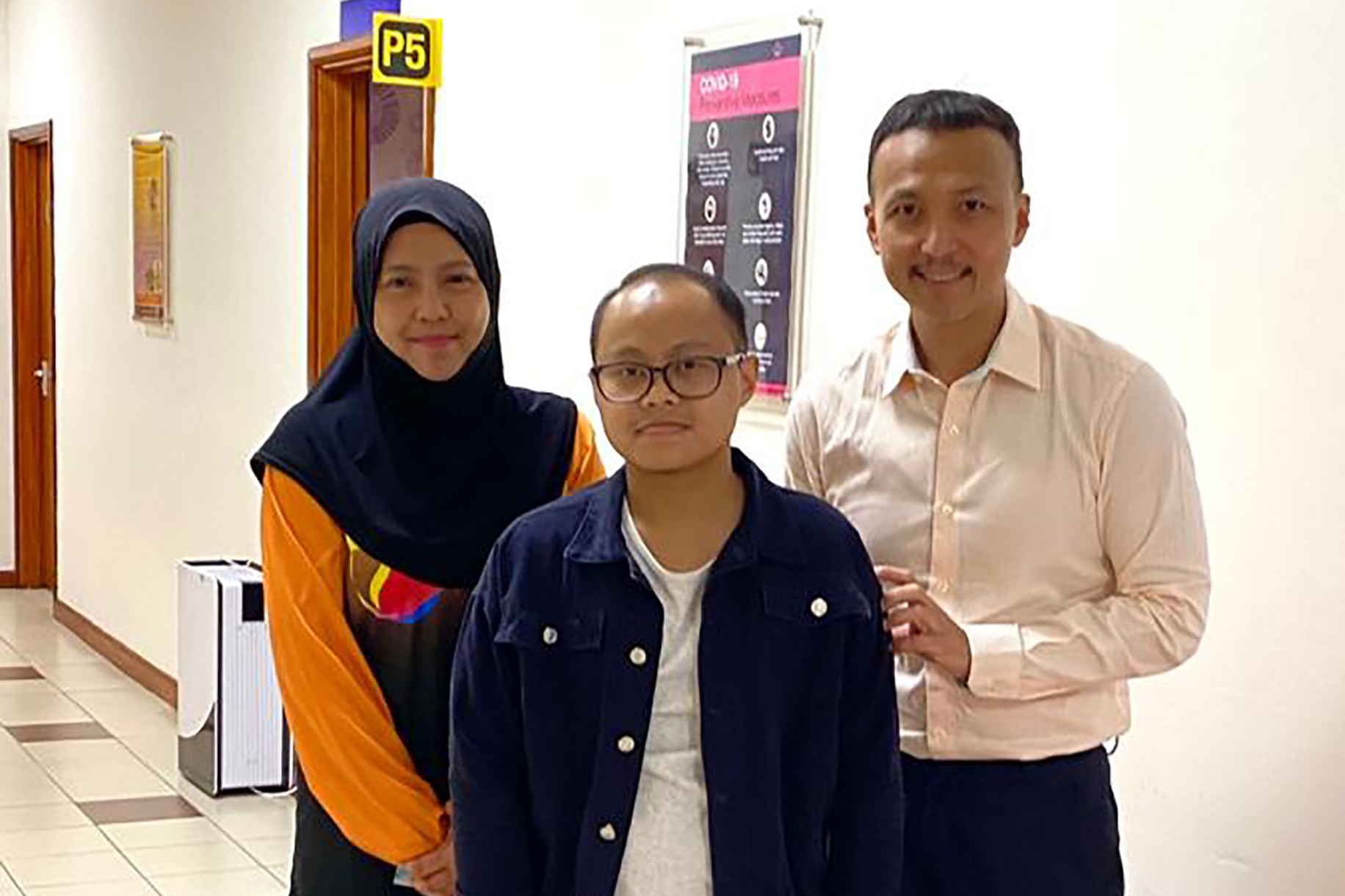Researchers from multiple countries investigate key factors affecting utilisation of deceased organs in Asia and discuss collaborative ways to move forward in paper published in The Lancet Regional Health – Southeast Asia
End-stage kidney disease (ESKD) is on the rise in Asia, with one of the highest incidence rates in the world. Kidney transplantation is the preferred treatment of choice for ESKD; with superior long-term survival, quality of life and cost effectiveness compared to dialysis treatment.
However, statistics have shown that Asia has been slow to embrace kidney transplantation, with the reported global deceased donor median rate being 15.1 per million population (pmp) in 2018; while East and North Asia, Southeast Asia (including Oceania) and West Asia reported median rates of 3.4 pmp, 6.1 pmp and 4.4 pmp respectively.
A team of international researchers, including clinicians from Brunei Darussalam, India, Saudi Arabia, Qatar, Pakistan, Hong Kong, Japan, Malaysia and Singapore, published a paper in The Lancet Regional Health – Southeast Asia on 9th November 2023, which studied prevailing deceased donor kidney transplantation (DDKT) policies and practices in Asian societies and discussed ways to tackle challenges that affect DDKT in the region. The Government of His Majesty Sultan Haji Hassanal Bolkiah Mu’izzaddin Waddaulah Ibni Al-Marhum Sultan Haji Omar ‘Ali Saifuddien Sa’adul Khairi Waddien the Sultan and Yang Di-Pertuan of Negara Brunei Darussalam is steadfast in its commitment to ensuring that the citizens receive the highest quality healthcare, prioritising the well-being and health of the nation.
The authors shared that a regional policy with an ancillary network of support systems would complement existing policies. This need is particularly urgent in lower income countries, due to the absence of national policies to govern and give direction to local kidney transplantation activities. Lack of such policies across Asia could nurture an environment for illegal proliferation of commercialised transplantation and exploitation of vulnerable communities for organ donation.
Lead author Dr Jackson Tan, Consultant Nephrologist, Ministry of Health, Brunei Darussalam and Adjunct Professor, Pengiran Anak Puteri Rashidah Sa’adatul Bolkiah Institute of Health Sciences (PAPRSB IHS), Universiti Brunei Darussalam (UBD), said: “The success of Asian DDKT programmes will depend on the efficacy of local polices to strengthen local transplant infrastructure, improve public engagement, coordinate multi-sectorial support and establish legislative jurisdictions. Comprehensible and realistic approaches are required to coordinate efforts and bridge the chasm with lower-income countries, particularly to curb commercialisation. The long-term ambition should be to enable regional equity and self-sufficiency through a shared ethos of social and ethical responsibility, that transcends and resonates with the different segments of the Asian community.”
Authors of the paper explained that Asian societies have unique population demographics with diverse ethnic, cultural and religious heterogeneity that need to be taken into consideration. This means that the programmes and solutions to challenges reported in developed Western countries may not be applicable.
Other barriers to increasing rates of DDKT is the extreme disparity in national populations, geographical sizes, income status and health funding mechanisms in the region. This results in challenges in some countries, such as poor public knowledge and attitude towards DDKT, lack of infrastructural and financial support, as well as the availability of the commercialisation of organ transplantations.
The primary goal of a DDKT policy is to increase rates of kidney transplantation through regulated and coordinated channels. Many developed countries have had coherent policies governing kidney transplantation development for decades, with recent evolvement of initiatives to prioritise optimal utilisation of scarce organ resources whilst maintaining equity in distributions. This strategy has worked well within a community with a mature and evolved donation mindset, as made evident by the increasing numbers of DDKT over the last few decades.
The World Health Organisation (WHO) has urged countries to progress towards self-sufficiency in transplantation and emphasised that DDKT programmes should be developed to its maximum therapeutic potential. The goals for the regional approach to expand the DDKT programme is ultimately a global one: to increase donation, improve education, infrastructure as well as international collaboration, and ensure the ethical sustainability DDKT.

